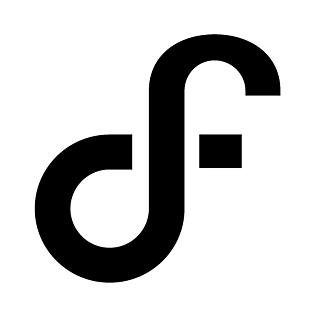A guide to mortgages and buying your first home
- Admin
- Oct 5, 2018
- 4 min read
Updated: Jan 28, 2021
As a first time buyer looking to take your first step on the property ladder, where do you start to find the right mortgage for you?
There are literally thousands of different mortgage products available and deciding which one to apply for can be tricky. A good starting point is to understand the different types of mortgages available and how the process works.
What is a mortgage?
A mortgage is a loan taken out to buy property or land generally over a 25-year period, although terms can be shorter or longer. The loan is ‘secured’ against the value of your home until it is paid off. If you do not keep up repayments the lender can repossess your home and sell it to recover their money.
How do you pay back a mortgage?
The money you borrow in the form of a mortgage to purchase a property is called capital and the lender charges you interest on the capital until it is repaid. There are two specific types of mortgages, a repayment or an interest-only mortgage.
Repayment mortgages
The most common form of mortgage is the repayment mortgage where you pay the interest and part of the capital off every month. At the end of the agreed term, which is typically 25 years, both capital and interest will be paidoff and you will own your own home.
Interest-only mortgages
Repayments on this type of mortgage purely pay off only the interest that is due, none of your repayments go towards the capital you owe the lender. This means your loan will never get smaller, but has the advantages of smaller repayments than with an equivalent capital and interest loan.
A separate plan is established for how you will repay the original loan at the end of the mortgage. This plan is known as a ‘repayment vehicle’ and can take many forms, i.e. stocks and shares, pensions, investment bonds, unit trusts and endowment policies. These mortgages are becoming much harder to come by as lenders and regulators are worried about homeowners being left with a huge debt and no way of repaying it.
Different types of rates
Once you have decided on a repayment or interest-only mortgage, you need to understand the different types of rates available. Moreover, an understanding of the current financial climate will help determine which type of mortgage is most beneficial.
A Fixed Rate mortgage is popular with many first time buyers as it keeps repayments the same for a certain period of time, typically two to ten years, regardless of what interest rates are doing in the wider market.
The recent rise of interest rates announced by The Bank of England is a prime example of changes that can affect your repayments. This is only the second time rates have risen in a decade, by a quarter of a percentage point, from 0.5% to 0.75% – the highest level since March 2009. The Bank of England is also sticking to its previous guidance that there will be further interest rate rises, but Mr Carney, Governor of The Bank of England, said these will be "limited and gradual".
A fixed rate mortgage therefore shields buyers from these changes and appeals to those who like to budget and know how much they are spending each month.
A Capped Rate variable mortgage means your repayments can go up or down depending on the lender or market but the cap simply restricts the maximum you can payeach month with the advantage of the repayments going down if interest rates fall.
Discount Mortgages are another type of variable mortgage where the interest rate you are charged is discounted on the lender’s standard variable rate but the rate will go up and down as the standard variable rate changes.
Tracker Mortgages
These mortgages, usually with a margin set above and below the standard rate, allows your repayments to move up or down, in line with the Bank of England base rate.
What financial help is available for first time buyers?
There are several government schemes to help you purchase your first home. Consider all of these options but also be aware that there are restrictions on eligibility and the type of mortgages available within each scheme.
For those struggling to save a deposit the government’s Help to Buy scheme allows first time buyers to purchase a newly built property with just a 5% deposit.
Right to Buy/Right to Acquire allows tenants who qualify in England, Wales and Northern Ireland, and who rent their home from their local council, to buy their home at a discount.
Starter Home Scheme is a new government plan allowing first time buyers, less than 40 years old, 20% off the market price of a new build home.
Get the advice you need from an expert Independent Financial Adviser such as the experts at money4dentists. As a specialist dental company they understand your business and can offer impartial advice and guidance to find the best mortgage for you.
For more information please call 0845 345 5060 or 0754DENTIST.
Email info@money4dentists.com or visit www.money4dentists.com



Comments